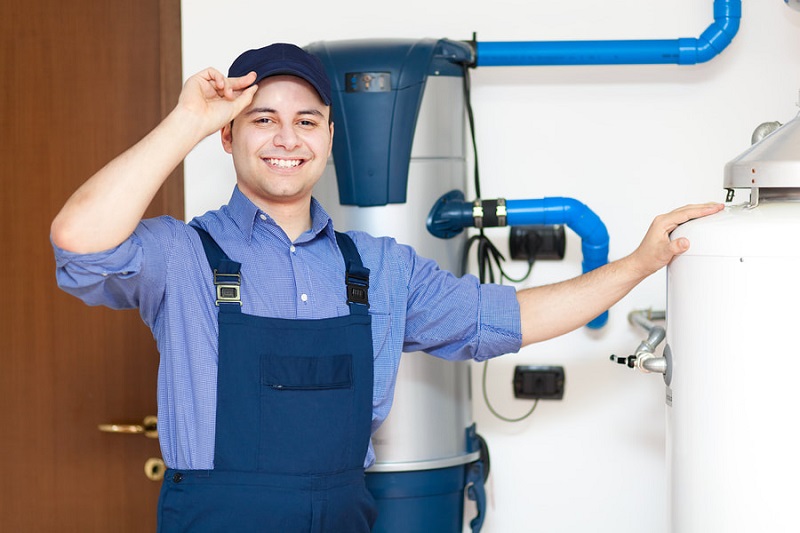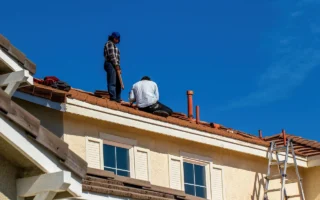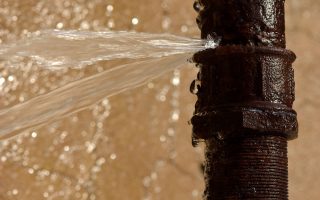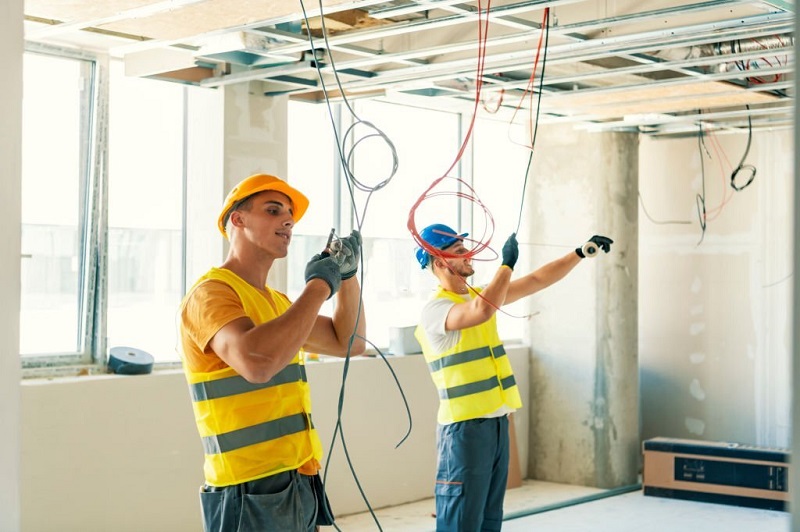Introduction
A hot water system is an essential part of every home, providing comfort and convenience for everyday tasks such as showering, washing dishes, and laundry. But what happens when your hot water system fails, leaving you with nothing but cold water? It’s time to dive into the world of hot water repairs. In this ultimate guide, we will cover everything you need to know about hot water system troubleshooting, maintenance, and repair. Whether you’re a DIY enthusiast or prefer to call in the professionals, we’ve got you covered.
Understanding Your Hot Water System
Before we delve into hot water repairs, it’s essential to understand the basics of your hot water system. There are two main types of water heaters: tankless (also known as on-demand) and storage tank. Tankless water heaters heat the water as it flows through the unit, while storage tank water heaters store and heat a large volume of water in a tank. Both types can be powered by electricity, natural gas, propane, or solar energy.
Some essential components of a water heater include:
- Heating element (for electric water heaters) or burner (for gas water heaters)
- Thermostat
- Pressure relief valve
- Dip tube
- Drain valve
- Anode rod (for storage tank water heaters)
- Heat exchanger (for tankless water heaters)
Understanding these components and their functions will help you diagnose and repair any issues that may arise with your hot water system.
Common Hot Water Issues and Their Causes
There are several common hot water issues that homeowners may encounter. These include:
- No hot water: This issue can be caused by a faulty heating element or burner, a tripped circuit breaker, a malfunctioning thermostat, or a gas supply problem.
- Insufficient hot water: A small or failing water heater, sediment build-up in the tank, or a damaged dip tube can lead to a lack of hot water.
- Slow hot water recovery: This problem can be caused by a malfunctioning heating element or burner, sediment build-up in the tank, or an improperly set thermostat.
- Leaking water heater: Leaks can result from a damaged pressure relief valve, a corroded tank, or loose connections.
- Discolored or smelly hot water: This issue can be caused by a failing anode rod, which allows corrosion to occur in the tank, or by bacteria growth in the water heater.
DIY Hot Water Repairs: Tips and Tricks
Many hot water issues can be resolved with some basic troubleshooting and DIY repairs. Here are some tips and tricks for fixing common hot water problems:
- Check the circuit breaker for electric water heaters or the gas supply for gas water heaters if there is no hot water.
- Inspect the thermostat and ensure it is set to the correct temperature.
- Flush the water heater to remove sediment build-up.
- Replace a damaged dip tube or anode rod.
- Tighten any loose connections to fix leaks.
- Clean or replace a faulty pressure relief valve.
- Adjust the temperature setting on the thermostat to improve hot water recovery.
- Disinfect the water heater with a bleach solution to eliminate bacteria and odors.
Always remember to turn off the power supply (electricity or gas) and water supply to the water heater before performing any repairs.

When to Call a Professional for Hot Water Repairs
While some hot water issues can be resolved with DIY repairs, there are situations when it’s best to call in a professional plumber or water heater technician. These include:
- Complex repairs involving electrical or gas components, such as replacing a heating element or burner.
- Persistent or recurring issues that cannot be resolved with basic troubleshooting.
- A leaking or corroded water heater tank, which may require replacement.
- Installation of a new water heater.
Preventive Maintenance for Your Hot Water System
Regular maintenance can help prevent many hot water issues and prolong the life of your water heater. Some preventive maintenance tasks include:
- Flushing the water heater annually to remove sediment build-up.
- Inspecting and replacing the anode rod as needed.
- Checking the pressure relief valve for proper operation.
- Insulating the water heater tank and hot water pipes to improve efficiency.
- Regularly inspecting for leaks and addressing any issues promptly.
Choosing a New Water Heater: Tips and Considerations
If your water heater is nearing the end of its lifespan or requires significant repairs, it may be time to consider a replacement. When choosing a new water heater, consider factors such as:
- Fuel type (electric, gas, propane, or solar)
- Tankless or storage tank
- Energy efficiency ratings
- Size and capacity
- Warranty and customer reviews
A professional plumber or water heater technician can help you select the best water heater for your needs and ensure proper installation.
Conclusion
Dealing with hot water issues can be frustrating, but understanding your hot water system and knowing how to troubleshoot and repair common problems can save you time and money. Regular maintenance can help prevent many issues and extend the life of your water heater. When it’s time to replace your water heater, consider factors such as fuel type, efficiency, and size to make the best choice for your home. And remember, when in doubt, it’s always best to call in a professional for hot water repairs and installations.




